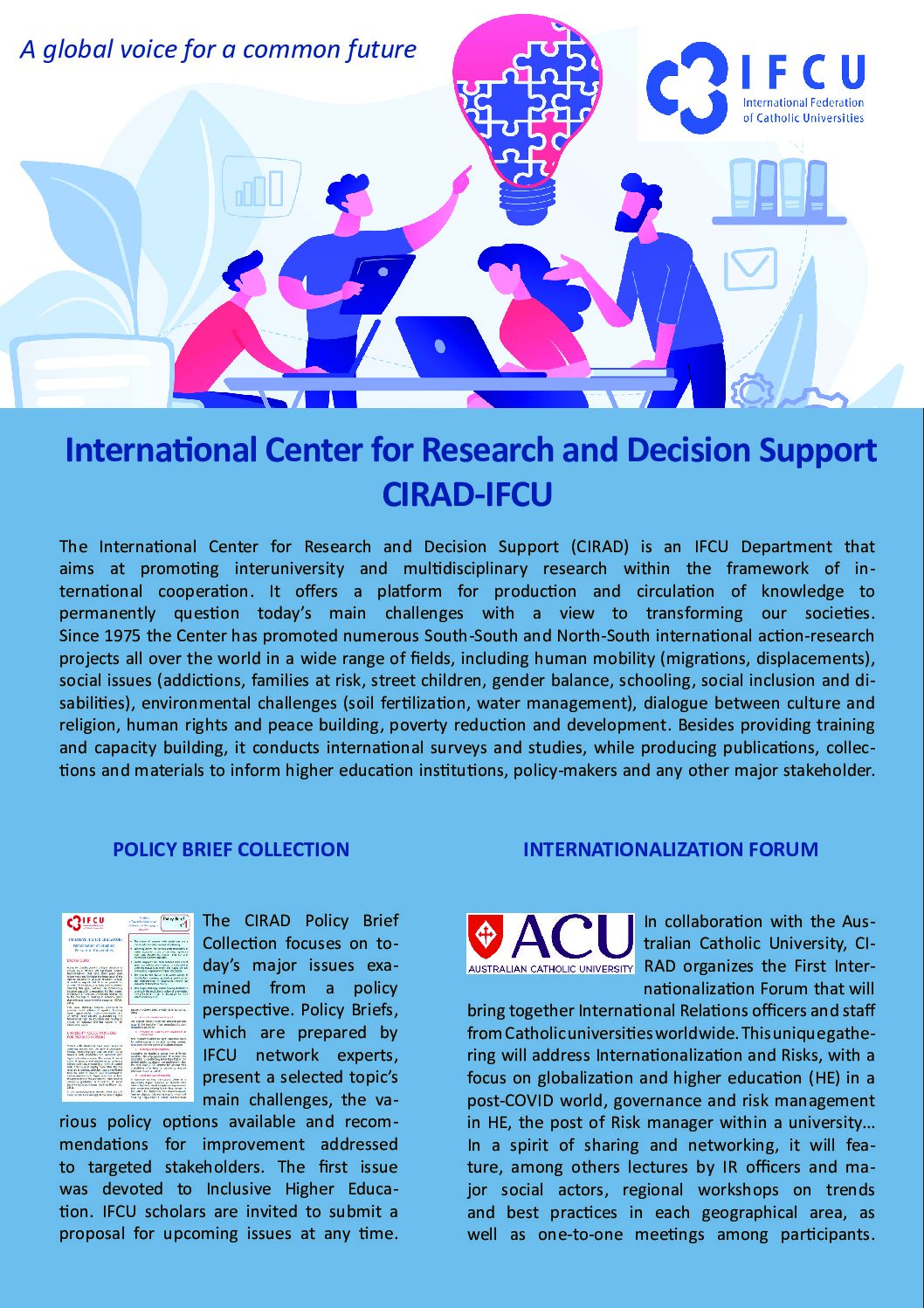Vatican’s position on nuclear weapons

” Peace and international stability are incompatible with attempts to build upon the fear of mutual destruction or the threat of total annihilation.”
Pope Francis, Nagasaki, 24th of November 2019
By declaring that “the use of atomic energy for purposes of war is today, more than ever, a crime”, Pope Francis’ speech during his visit to Nagasaki and Hiroshima on November 24th, 2019 resonated within the international community. In the history of the Catholic Church, this position is not new, although progressive. For the first time, Pope Francis is condemning not only the use of nuclear weapons but also their possession. He strongly stresses their immorality.
Since the creation of nuclear weapons [1], the Catholic Church has positioned itself on the front line in the fight against them, through its moral values of peace, justice, and human rights defenders, its role as mediator of conflicts on the international stage, and its conception of Just War, regularly recalling that “there is reason to fear that the very testing of nuclear devices for war purposes can (…) lead to serious danger for various forms of life on earth. ” (Pacem in Terris, 1963).
Since the nuclear era, and especially since the beginning of the Cold War, the Vatican has placed nuclear issues at the heart of its foreign policy agenda. Indeed, very quickly, the Vatican realized that nuclear weapons would fundamentally change the nature of the international system. Moreover, for the Catholic Church ” Any act of war aimed indiscriminately at the destruction of entire cities of extensive areas along with their population is a crime against God and human themself. It merits unequivocal and unhesitating condemnation.” (Gaudium and Spes, 1965). Indeed, the vision of the Catholic Church believes that the use of nuclear weapons does not respect proportionality, because in its conception of Just War [2], the Church defends the idea that the use of war requires the existence of a certain proportionality between the purpose of war and the means used to achieve this result. Thus, each pope assiduously lobbied against their use, although the density of their position may vary according to the world environment and the pope himself: throughout the Cold War period, nuclear deterrence was more or less accepted by the papacy of the time being.
Throughout the Cold War, the Pontifical Academy of Sciences was the main forum for the Vatican’s scientific and moral debates. Founded in 1936 by Pope Pius XI with the aim of creating a forum for dialogue between faith and science, the academy includes more than ninety academics of different backgrounds and religious affiliations. This place has been used since the nuclear era until today to inform Vatican diplomacy. Pius XII, the pope during the United States bombing of Hiroshima and Nagasaki, used scientific arguments – in addition to the moral imperative – against the testing and deployment of nuclear weapons. He focused particularly on the “devastating” effects of nuclear fallout as a reason why nuclear weapons should never be used. His successor, John XXIII, in office during the Cuban crisis of 1962, expressed the danger of nuclear weapons in his encyclical Pacem in Terris and called the existing armament to be “all-round and simultaneously reduced by the parties concerned. Nuclear weapons must be banned. A general agreement must be reached on a suitable disarmament program, with an effective system of mutual control” (§112). The positions of the successors will be more nuanced. If they continue to insist on the inhumanity of wars and the nuclear bomb, they will decry it less as immoral. Paul VI, like his predecessor, condemned the arms race and noted in Gaudium and Spes that military actions with nuclear weapons [3] “go far beyond the bounds of legitimate defense” (§80). John Paul II, pope from 1978, visited Hiroshima and Nagasaki in 1981 and explained that the arms race was becoming uncontrollable and was threatening the future of humanity. In 1982, however, he considered in front of the United Nations General Assembly, that ” In current conditions, deterrence based on balance, certainly not as an end in itself but as a step on the way toward progressive disarmament, may still be judged morally acceptable.”
It was not until the end of the Cold War that the Vatican consolidated its position and strongly condemned nuclear deterrence, making the abolition of these weapons a primary objective. In 1993, the Holy See’s permanent observer at the United Nations, Archbishop Martino, openly condemned nuclear deterrence by asserting
“Nuclear weapons are incompatible with the peace we seek for the 21st Century. They cannot be justified. They deserve condemnation. The preservation of the Non-Proliferation Treaty requires an unequivocal commitment to their abolition. (…) This is a moral challenge, a legal challenge, and a political challenge. This multiple challenge has to start from the care for our humanity.”
When Benedict XVI became pope in 2005, he adopted a position against the idea of relying on nuclear weapons to ensure the security of a country and emphasized, in particular, the socio-economic consequences of a strategy based on nuclear deterrence, which requires significant financial resources that could “be employed in projects of development capable of benefiting all their people, especially the poor” (World Day of Peace, 2006).
Nevertheless, it was under the auspices of Pope Francis that the Church began to seriously reconsider its position on the morality of deterrence. In the document issued by the Diplomatic Representation of the Holy See at the Vienna Conference on the Humanitarian Impact of Nuclear Power, it is noted that “it is now time to affirm not only the immorality of the use of nuclear weapons, but the immorality of their possession, thus paving the way for the abolition of nuclear power.” (Nuclear Weapons : Time for Abolition)
On November 10, 2017, the Dicastery of the Holy See hosted a symposium to discuss the steps towards a world without nuclear weapons. There, Pope Francis highlighted the humanitarian consequences, which does not concern only the parties to the conflict, and the “false sense of security” created by nuclear weapons. He also denounced the paradox between the high cost of nuclear weapons and the inability to eradicate global poverty. That same year, the Holy See actively lead a meeting on the prohibition of nuclear weapons at the United Nations for the adoption of a treaty banning nuclear weapons. The Vatican says it wants a true proscription of nuclear weapons and has declared the manufacture and possession of nuclear weapons illegal.
Pope Francis, who declares that “non-violence is the true road to peace” still has a long battle to fight, because if he thinks that the total denuclearization of the world is an achievable goal, he is also well aware that the process will have to be gradual and concerted, and that some nuclear powers refuse any significant progress in implementing nuclear disarmament.


